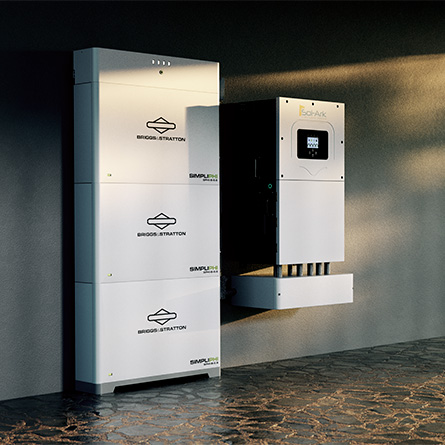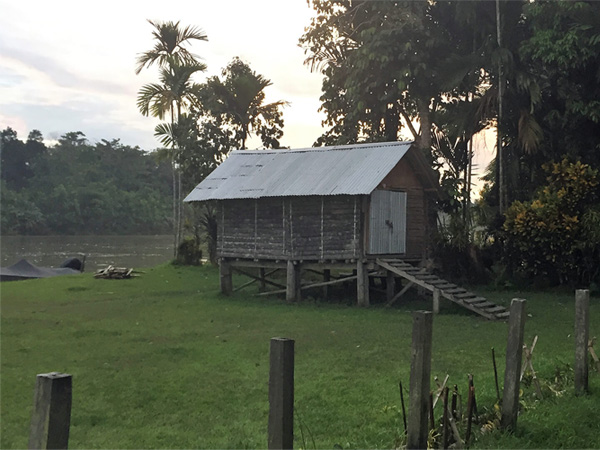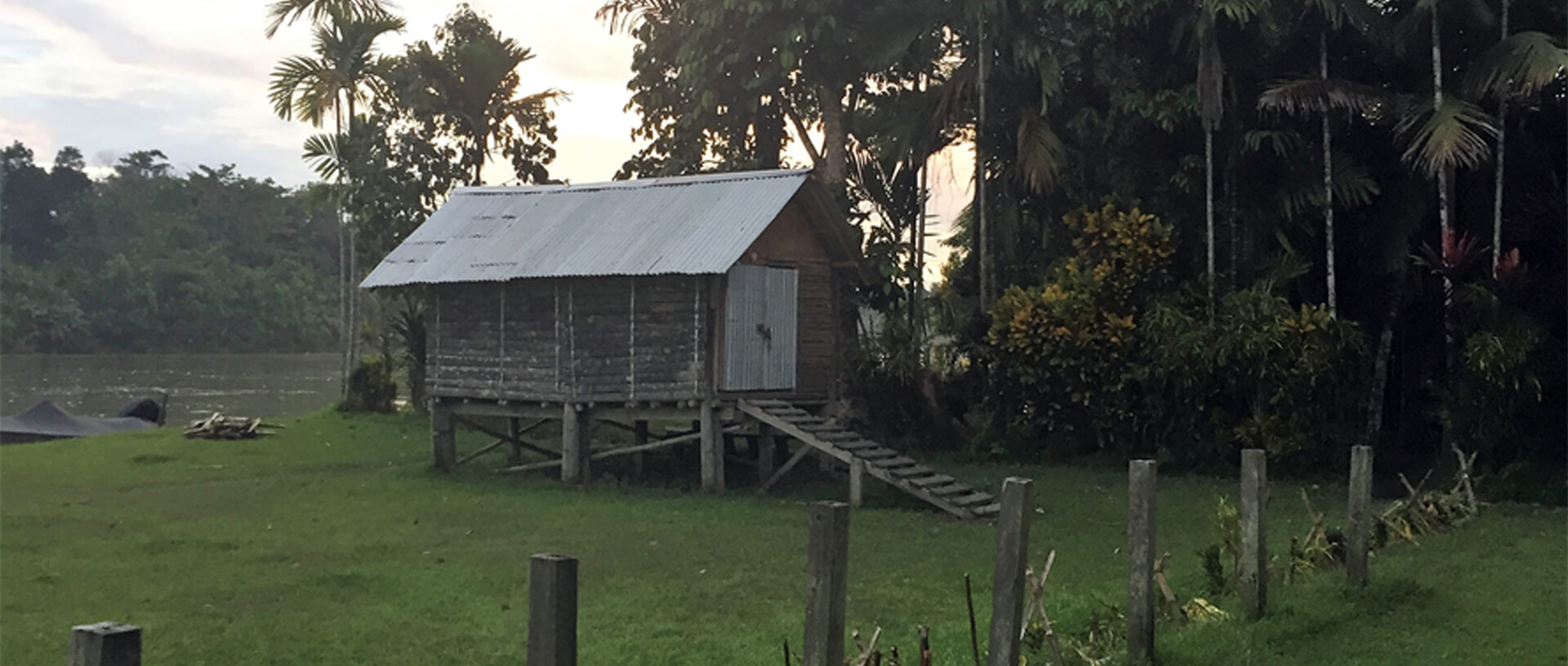For many global missionary organizations, much of their work is completed in parts of the world with no access to electricity. Missionaries find themselves working overseas in remote locations for long periods of time and in need of creative solutions for power, water and other systems that will meet their basic needs while they are in the field.

In the East Sepik Region of Papua New Guinea, one missionary group installed a solar+SimpliPhi storage microgrid to power a 1250 sq ft bush missionary home -- providing enough power for both household use and computer equipment used in Bible translation and other missionary activities.
The microgrid is comprised of 1.4kW of solar, six PHI 1.3kWh batteries, an OutBack FX 2012 inverter, an OutBack charge controller and an OutBack Mate.

The microgrid is able to provide 24-hour off-grid power to a twin tub washing machine, crockpot, KitchenAid mixer, blender, flat-screen TV and occasionally an Xbox. The 12-volt side of the house requires power for a Sun Danzer Refrigerator and FreezeOn, electrical outlets that charge three MacBooks, two iPhones and three iPad minis, ceiling fans powered by 12-volt DC treadmill motors, and two 12-volt radiator fans. The system also powers a second building, which is used as a boat house and tool shed, with LED light throughout both structures.
PHI batteries were the ideal choice for the project because of their lower weight and smaller footprint, maintenance-free design, and longer lifespan. When shipping equipment over thousands of miles to remote locations such as the East Sepik Region, every square foot and pound of container space comes at a premium, and fewer replacement and maintenance requirements translate into big savings—making our brand the better value. With this project, we also facilitated transport that was conducted via small planes and canoes.
By contrast, the lead-acid batteries that the missionary group has historically used are extremely heavy and difficult to transport to remote areas. They also have a very limited lifespan when subjected to hot equatorial climates. The home in which the microgrid was constructed consistently reaches temperatures above 100ºF, wreaking havoc on previous lead-acid installations. In Papua New Guinea, lead-acid batteries require replacement on average every five years or sooner during the microgrid’s anticipated 20-year lifespan. This reality made the PHI batteries’ ability to perform in extreme temperatures a key selling point. Not only do the PHI batteries have no performance issues, but they also provide a simple, direct lead-acid replacement.
“SimpliPhi batteries eliminated the most difficult challenges we face when building microgrids in remote tropical locations. The batteries are much easier to transport and they have a good chance of lasting the entire 20 years. This means, for the missionaries we serve, Simpliphi batteries generally pay for themselves in under four years,”
The Customer
The PHI 1.3kWh battery in particular was the best option given the home's 12-volt electrical design.
Thanks to solar+battery microgrids like this installation in New Guinea, missionary groups are able to carry out their work more effectively around the globe.

Ready to experience true energy independence?
Request a consultation with a Briggs & Stratton dealer or installer near you by clicking the button below.



